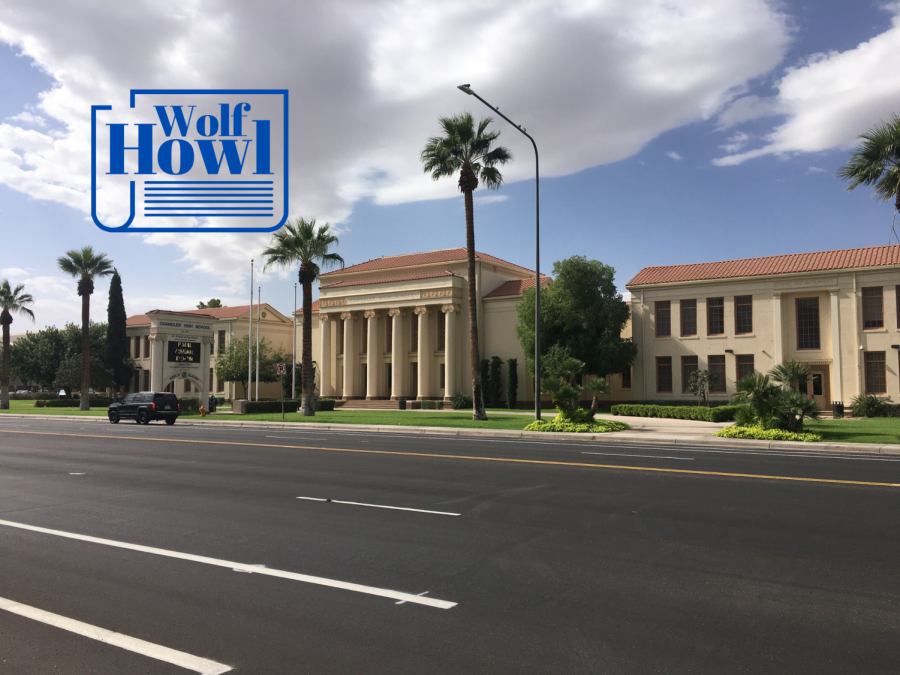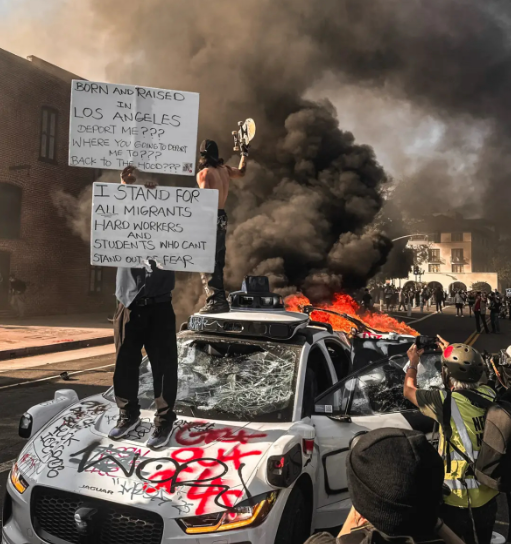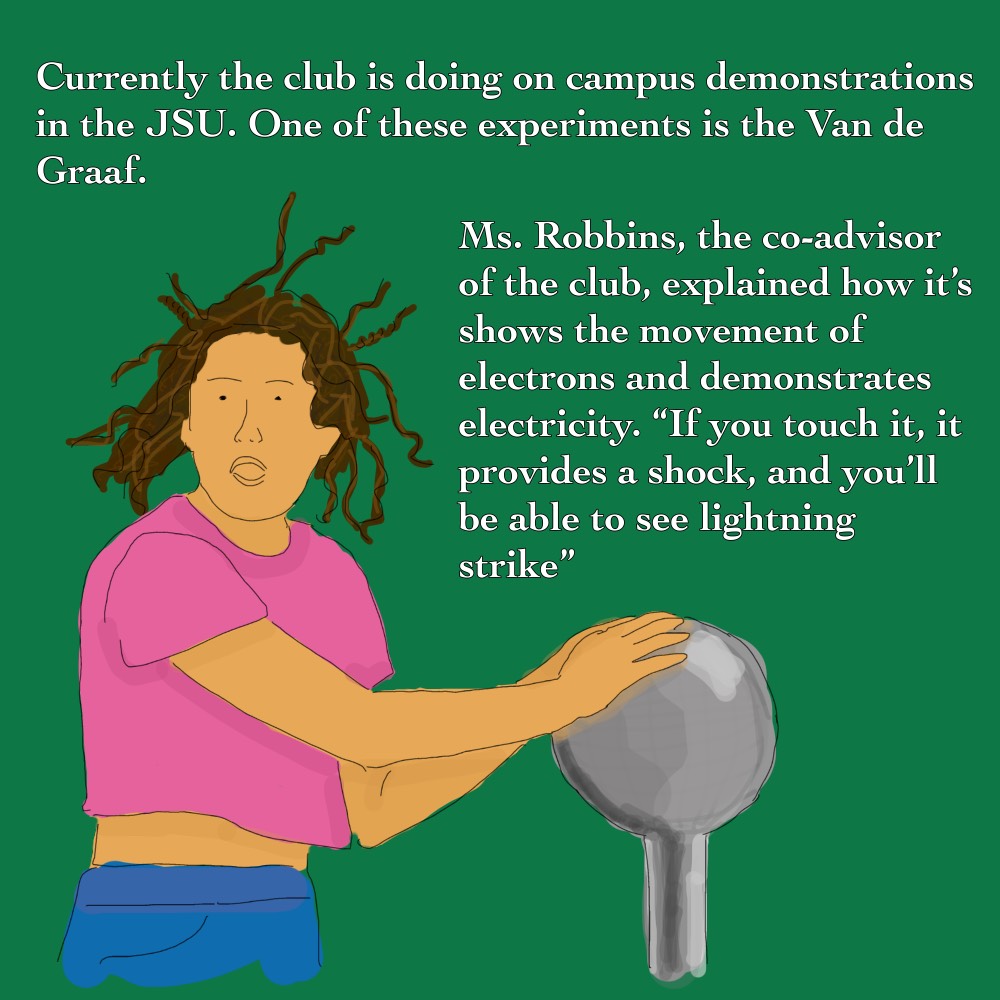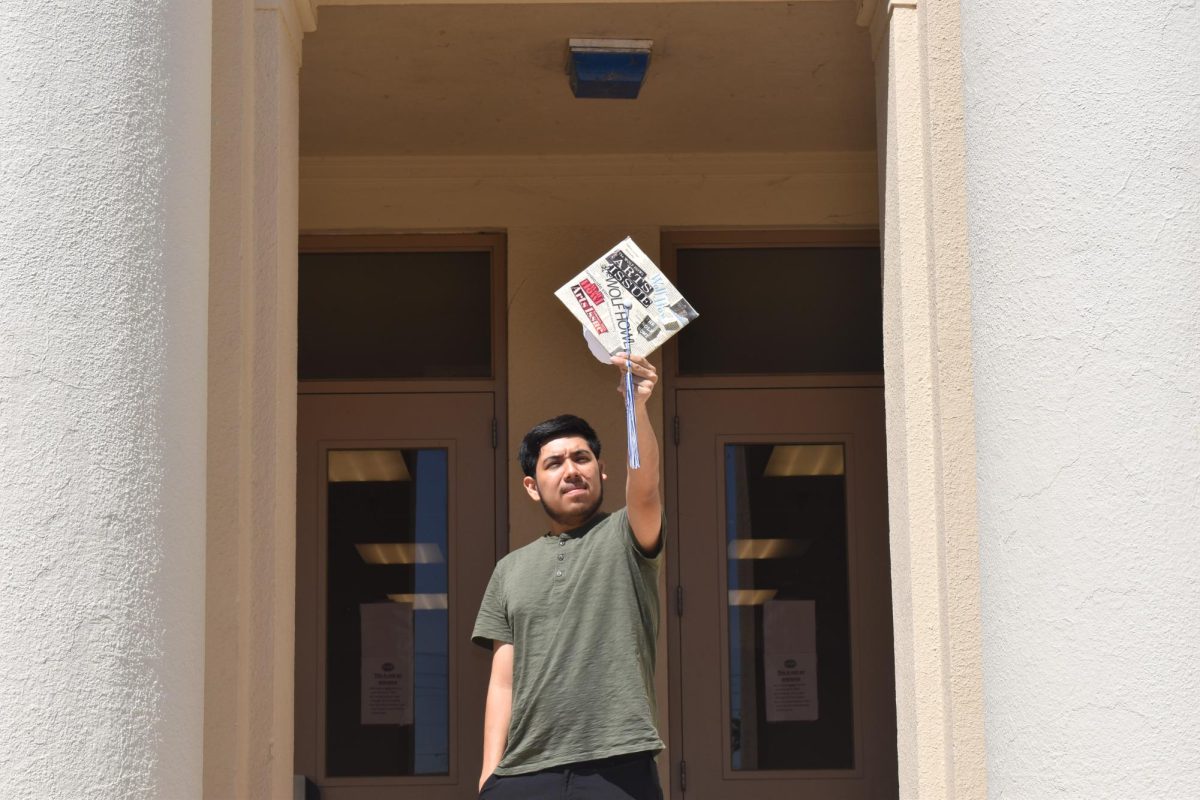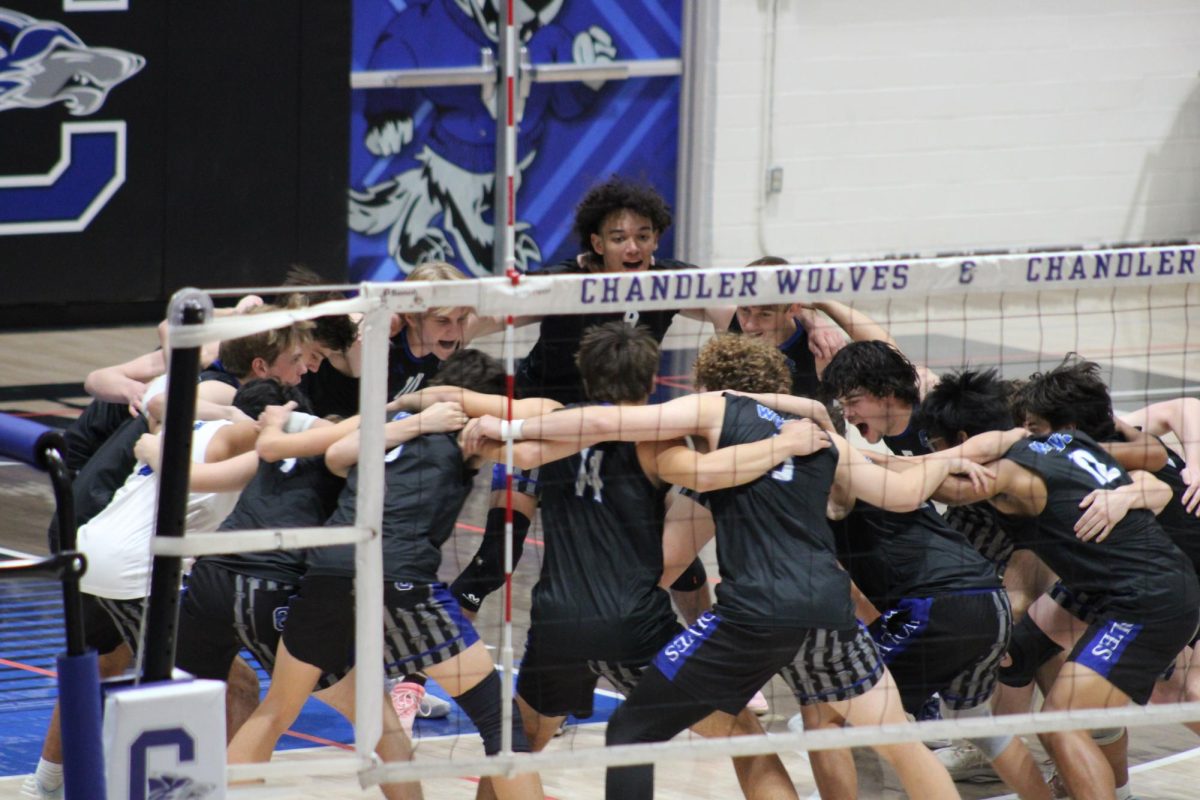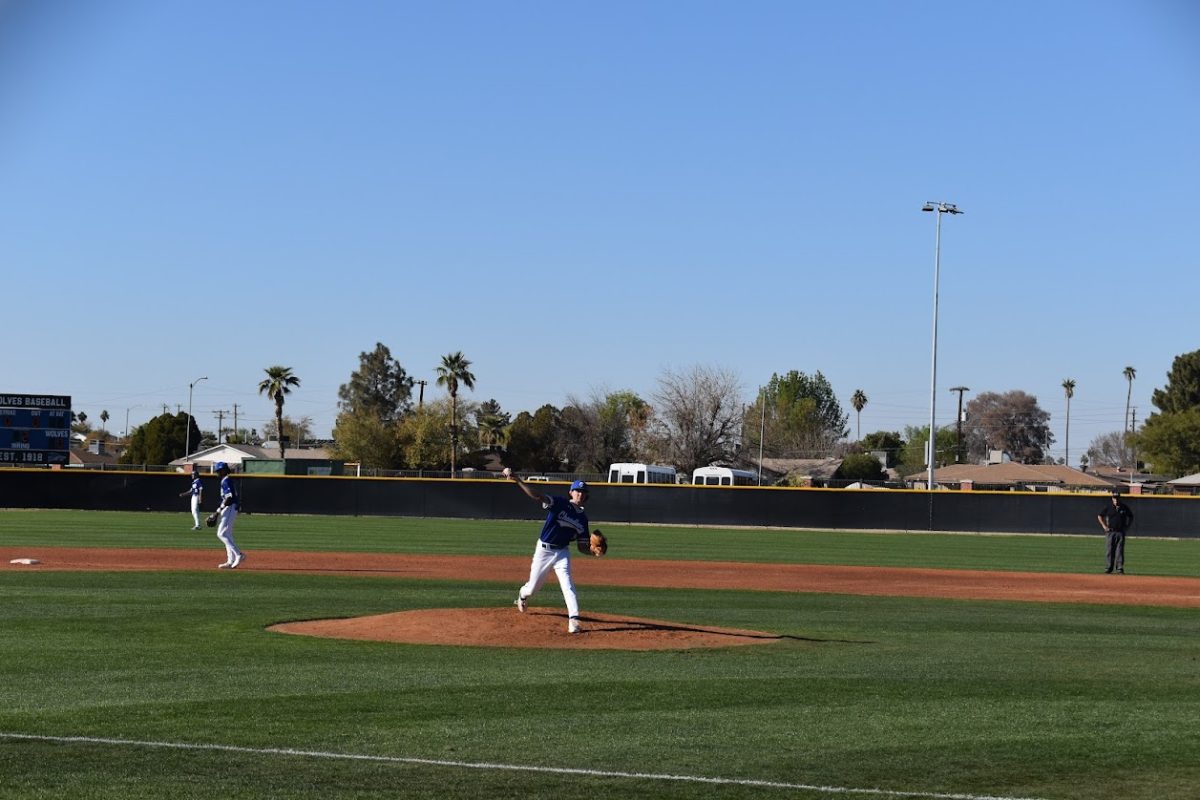On October 14th, in London’s National Gallery, two activists with Heinz Tomato Soup cans threw their contents onto the beloved “Sunflowers” painting by Van Gogh.
The protesters, ignoring the crowd’s response, began to kneel down and coat their hands with superglue before sticking them on the wall beneath the now-soiled painting. In a video posted by The Guardian, one of the protestors, Phoebe Plummer, can be seen projecting their voice to the shocked and startled museum room saying, “What is worth more? Art or life? Is it worth more than food?…the cost of living crisis is part of the cost of the oil crisis. Fuel is unaffordable to millions of cold, hungry families.” After their public outburst, the activists were arrested. In a statement made by the National Gallery, they confirmed that “The soup slightly damaged the frame of the artist’s famous ‘Sunflowers’ painting… The painting itself was not affected”.
This event was a part of a series of nonviolent protests, organized by the “Just Stop Oil” campaign. On their website, the UK-based organization states to be committed to “…ending all new licenses and consents for the exploration, development, and production of fossil fuels in the UK.” A 20-page research document on their website outlines the main changes that they would like to see their government make, An important one includes lowering the prices of energy in all of the households across the country.
According to National Public Radio, this year could be considered “Britain’s worst cost-of-living crisis in a generation” (NPR). Millions of people (mainly lower-class individuals and families) have been greatly affected by the rising food and energy prices in the UK. The cause of this crisis can be partly attributed to the Russia-Ukraine war, which has driven up natural wholesale gas prices. This has led to an increase in consumer prices for England, a country heavily reliant on fuel. Residents of the island need to prepare for the worst as they will see “… an additional 80% increase in their annual household energy bills…bringing costs for the average customer from $2,332 to $4,123.” For the average household, this is not an affordable price. During an interview with NPR, John Taylor, a spokesperson at the British debt counseling charity Christians Against Poverty, said, “The pressure of not knowing how to pay the next bill or having enough food to survive just accentuates whatever they’re already going through.” The combination of rising pressure of unpayable bills and economic uncertainty has led many citizens to take to the streets—and even the museums of England to voice their many concerns.
The organization, despite their repeated detainment by the authorities, continues to receive funding from the Climate Emergency Fund based in Los Angeles, California. The Climate Emergency Fund is a non-profit that was created in 2019, and according to their website, seeks to “…raise and strategically deploy funds to the boldest, most effective efforts” (CEF). The organization also accepts donations in the form of cryptocurrency, a practice that has been called out by many critics since the soup incident. The mining of cryptocurrency requires a large amount of energy to be able to function properly. Writing for Investopedia , that it produces around 38 kilotons of electronic waste every year.
Just Stop Oil has projects around Europe that have followed in the footsteps of their parent organization. In France, Derniere Renovation has demanded that their country’s government commit to the “global and effective renovation of existing buildings by 2024” (Le Monde). On Oct 22, 2022 Germany’s climate change organization Lezte Generation, threw mashed potatoes on a Monet Painting valued at over 97 million pounds ($112,665,403). CBS News uploaded a video of the incident, and captured the words of one of the protesters: “Does it take mashed potatoes on a painting to make you listen?”, one of the protesters said, “This painting is not going to be worth anything if we have to fight over food… when will you finally start to listen and stop business as usual?”



